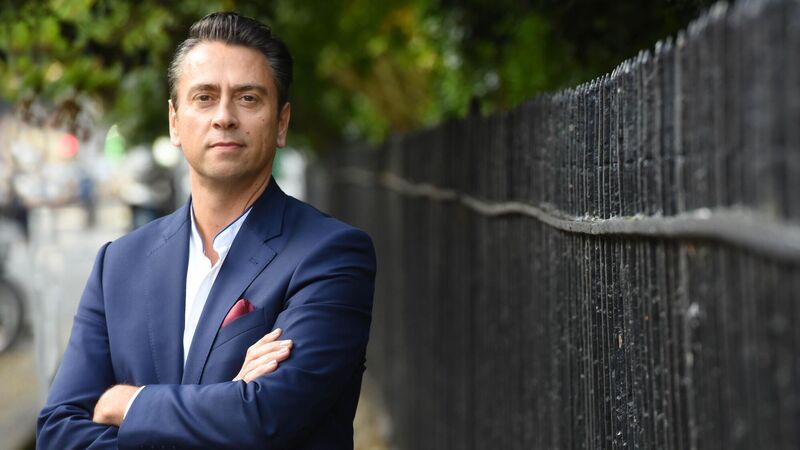Richard Hogan: My daughter came to see the new baby in ICU. She sat cradling her sister singing, 'You're not alone'

Richard Hogan opens up about the trauma his young family experienced this week. Picture: Moya Nolan
In 2017 my youngest daughter, Sophie was born with a life-threatening condition. She was two pounds and six ounces, at birth. She spent the first six weeks of her life in an incubator in the Intensive Care Neonatal Ward with the incredible nurses and doctors of the Coombe Maternity Hospital and the next six weeks in ICU in Crumlin Children’s Hospital.
Our only contact with her in those early tentative days was a process called, Kangaroo Care. Where we were allowed to hold her, skin to skin, for a limited time.







